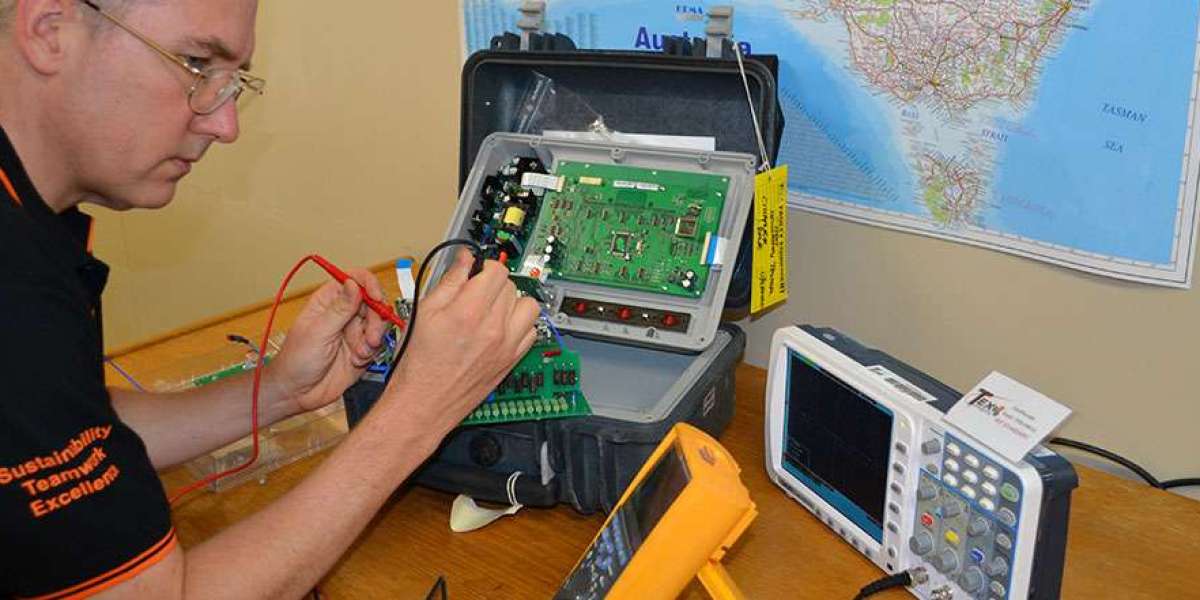In any workplace or home, safety is paramount, especially when it comes to electrical appliances. A Portable Appliance Tester (PAT) is an essential tool used to ensure that electrical appliances are safe to use and compliant with safety regulations. This device plays a crucial role in identifying potential hazards in everyday equipment, thereby reducing the risk of electrical accidents. Whether you're a business owner, landlord, or homeowner, understanding the significance of PAT testing can prevent serious accidents, safeguard your property, and ensure legal compliance.
What is a Portable Appliance Tester?
A Portable Appliance Tester is a specialized device used to test the safety of electrical appliances. It checks the integrity of various electrical systems within an appliance, including the earth continuity, insulation resistance, and polarity. Some advanced models also assess leakage currents and perform functional tests. The primary goal of PAT testing is to ensure that appliances are safe to use and free from defects that could potentially lead to electrical shocks or fires.
Why is PAT Testing Important?
Safety First: The most crucial reason for conducting PAT tests is safety. Faulty electrical appliances can lead to severe injuries or even fatalities. Regular testing ensures that all equipment, from office gadgets to kitchen appliances, is functioning properly and poses no danger to users.
Compliance with Legal Regulations: In many countries, including the UK and Australia, there are strict regulations governing the safety of electrical appliances. These laws require businesses to regularly test their equipment to meet safety standards. Failing to comply can result in hefty fines or even closure of a business. Regular PAT testing helps businesses stay compliant and avoid legal issues.
Minimizing Downtime and Repair Costs: Regular PAT testing helps identify faults early, preventing expensive repairs or replacements down the line. A small issue caught early is far easier and cheaper to fix than dealing with a major electrical failure. In addition, when appliances are safe, the chances of costly downtime are reduced.
What Does a PAT Test Involve?
A typical PAT test involves several steps:
Visual Inspection: A qualified technician visually inspects the appliance for obvious signs of damage, such as frayed cables, exposed wires, or burnt components.
Earth Continuity Test: This checks that the appliance’s earth connection is intact, which helps prevent electric shock in case of a fault.
Insulation Resistance Test: This ensures that the insulation in the appliance is still effective, preventing accidental contact with live parts.
Polarity Test: For appliances with plugs, the test ensures that the live and neutral connections are correctly wired.
Functional Test: In some cases, the device will be powered on to ensure it is operating correctly.
Who Should Perform PAT Testing?
PAT testing should be conducted by a qualified professional with the knowledge and experience to use the tester correctly. While some simple tests can be performed by individuals in a domestic setting, it’s always recommended to hire a certified electrician or a PAT testing specialist to handle the more complex and critical tests, especially in a workplace environment.
Conclusion
Portable Appliance Testing is an essential part of electrical safety management. By regularly testing your electrical appliances, you can reduce the risk of accidents, ensure compliance with legal standards, and save money on repairs. Whether at home or in a workplace, a PAT test helps keep everyone safe while ensuring the longevity and reliability of your appliances. Always remember, safety should never be compromised when it comes to electricity.
For more details, visit us:











